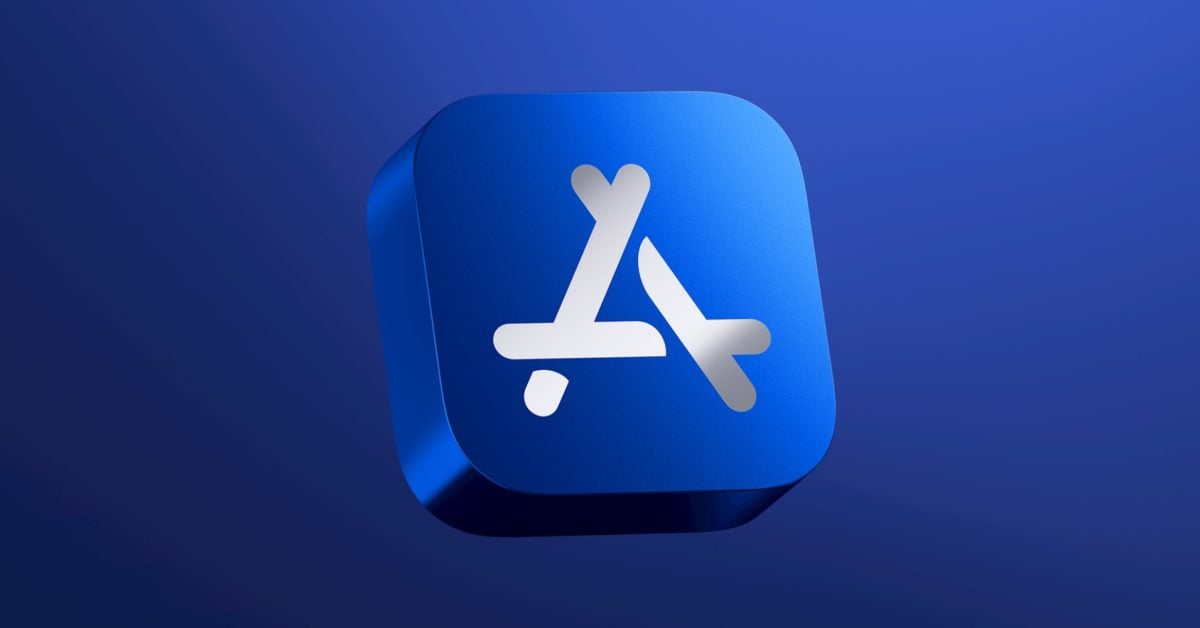- cross-posted to:
- apple_enthusiast@lemmy.world
- cross-posted to:
- apple_enthusiast@lemmy.world
Who would’ve thought? This isn’t going to fly with the EU.
Article 5.3 of the Digital Markets Act (DMA): “The gatekeeper shall not prevent business users from offering the same products or services to end users through third-party online intermediation services or through their own direct online sales channel at prices or conditions that are different from those offered through the online intermediation services of the gatekeeper.”
Friendly reminder that you can sideload apps without jailbreaking or paying for a dev account using TrollStore, which utilises core trust bugs to bypass/spoof some app validation keys, on a iPhone XR or newer on iOS 14.0 up to 16.6.1. (ANY version for iPhone X and older)
Install guide: Trollstore



I love this braindead take regurgitated again and again and again. The DMA specifically does not apply to anyone smaller than a big monopolistic company. Apple barely made the cut themselves. The whole regulation is about forcing six companies - the Act only applies to them at all - to open up their walled gardens because they are strangling their respective markets and killing innovation, consumer choice and competition.
That is hilarious that they expect iOS users to pay a fee to sideload apps. Like comically evil.
I don’t pay anything to side load apps on my phone.
Probably bc I switched to Android.:-)
And I am never ever going back!
You sound like one of those people who said they’d move to Canada when Trump got elected the first time, and didn’t.
… more like someone who already moved away from the US after prior episodes of shitty politics, and was vindicated when Trump was elected
Lolz!:-)
There are several women who would be alive today if they had done so…
Stubbornness can be a positively adaptive trait, but obstinacy in the face of facts not so much, and the same with squeezing your eyes shut REALLY tight to avoid knowing what is going on right in front of you.
It’s not the users they’re charging, it’s the developers. Instead of having to pay 30%, they’re asking for 27% if they’re selling their app side loaded.
Defeating the whole purpose.
Those numbers are from using outside payment methods and not side loading.
And developers move the cost to users by increasing price on ios
This was how it worked for years for developers. First step of testing your app on an iOS device you have is to pay Apple a developer fee. This has been a thing even back in iOS 3 times.
Is it just a one time fee? And what were you paying for, testing to see if it qualified for the app store?
Seems like sideloading would be a different path and goal unless Apple is trying to retain control of that too. To me a lot of the point of users sideloading is to load whatever they want, not what the corporation that made the OS will allow.
Its $100/year for sideloading an infinite amount of alls that don’t disappear. If you don’t pay, you can only sideload up to 3 at a time and they will disappear after a week
I don’t think that’s true at present. You can do it with the free account to sign builds for your own devices. If you need to run a build on a device that isn’t your own, you’ll need a developer account to get a certificate to sign your builds. It’s not great but you don’t have to pay to test your own app out on your own devices.
You can only test 3 apps at a time and they disappear after a week. It doesn’t matter if the device is yours or not.
But not at all surprising.
You are both correct. They do stop things that would be ok, on say, a windows machine. For example, intercepting text messages at the system level. It prevents a lot of mischief but also stops legitimate software.
But we can already look at the Android market for guidance on what will happen. Few Android users venture out of the official store. It will take a large company with must-have apps to get people to go to another marketplace. Like Steam, Epic, or Facebook. Companies that either want to keep their cut or want to collect data to sell. This will likely not matter at all for small developers. They don’t have the clout.
There is this god-tier unofficial store called f-droid. Installing app from there is always a joy
There is one aspect people don’t really talk about yet, because it is not just about “allowing sideloading”. The law says “no self-preferencing”. That means that installing an app from for example F-Droid has to take the exact same amount of taps with the exact same UX as installing something from Google Play. Same goes for the App Store. The point is not to allow sideloading, but to erase the word sideloading from the vocabulary of the platform and make it just like Windows in that regard.
This is not just bringing iOS to where Android is, Android is still not compliant yet either. Neither is Windows by the way, because of how they treat Edge.
The only way it could work out badly for smaller software developers is if companies like Apple decide to recover their losses by charging heavily for development tools and resources.
If they can’t have walls around app distribution they might try and put them around app development instead.
They’ve been doing that since the beginning. You need a “developer license” in order to publish an app. Back in the day it was like $50 a year I think, but I haven’t done ios dev in about a decade so I don’t know if that’s changed.
A developer account is $100/year right now
App developers add value to their platform, any wall erected there would be torn down in moments. It would be biting the hand that feeds
It’s North Korea in the Apple world.
To be exact, DMA applies to platforms with >45M users in EU
Not even just that, you have to have at least 7.5B EUR turnover or 75B EUR market cap, AND 45M end users AND 10k business users AND keep this up for 3 years.
And even then it’s not automatic, you get nominated and get arguments, and only then you have to follow it.
I mentioned the six companies because they are the only ones that this currently applies to, and that will be the case for the foreseeable future as well. And even from them, it’s specific products. MacOS is not in scope for example, despite iOS being scoped in.
But is MacOS as much of a walled garden than iOS? Not in the slightest, right? I’m fairly certain you can install random software on MacOS can’t you?
It doesn’t matter if it’s a walled garden with the DMA. Yes, MacOS is not in scope, because it doesn’t have enough users, but Android and Windows totally are.
I had a user on here tell me the DMA is proof that Valve can’t be considered to be in a position of monopoly with Steam because they don’t show up on the list of companies concerned… People don’t understand what the DMA is at all.
@maynarkh @jvrava9 Its always brain dead when you don’t agree. regulations have consequences positive and negative. People think you can just add these regulations in a vacuum and there won’t be any follow on effects which is delusional.
Least neoliberal new urbanist
It’s brain dead because it’s a kneejerk response without anything backing it up.
EU regulations have a massive positive day-to-day effect on my life. It’s not like they get everything right, but on the grand scale, it’s working better than any other regulatory system I know.
@maynarkh You think app store policies and eu legislation only impacts you. 🤣
Large companies sponsor regulations all the time in an effort to make it harder for the smaller players or just plain greed.
Apple alluded to this in court that implementation of the and that the end result would absolutely be worse for smaller players than what was there before. Welp! 🤷🏾♂️ Smaller player gets screwed.
https://x.com/nikitabier/status/1750592825060921353?s=46&t=kj2zDgWA66Lbbc0rNac6uw
Apple didn’t sponsor the DMA, it was fighting tooth and nail against it. In general, EU politicians are harder to buy because they are more fragmented, and bribery is still illegal BTW.
That said, on the one hand, this fee structure is actually illegal under the DMA, the “core platform fee” nonsense is specifically illegal, and the EU is already on their ass about it.
On the other hand, this is just as if MSFT made Internet Explorer super expensive to license after they got hit by the same kind of regulation way back when. This just means that if you are an iOS app dev, you might want to release on something other than the App Store. I expect Google Play being available on iPhones pretty fast for example, or the Windows Store, or a bunch of other third party stores, and Apple can’t even preinstall or prefer the App Store on iOS over them. All the App Store being more expensive will do is make App Store fade to irrelevancy in the long run.